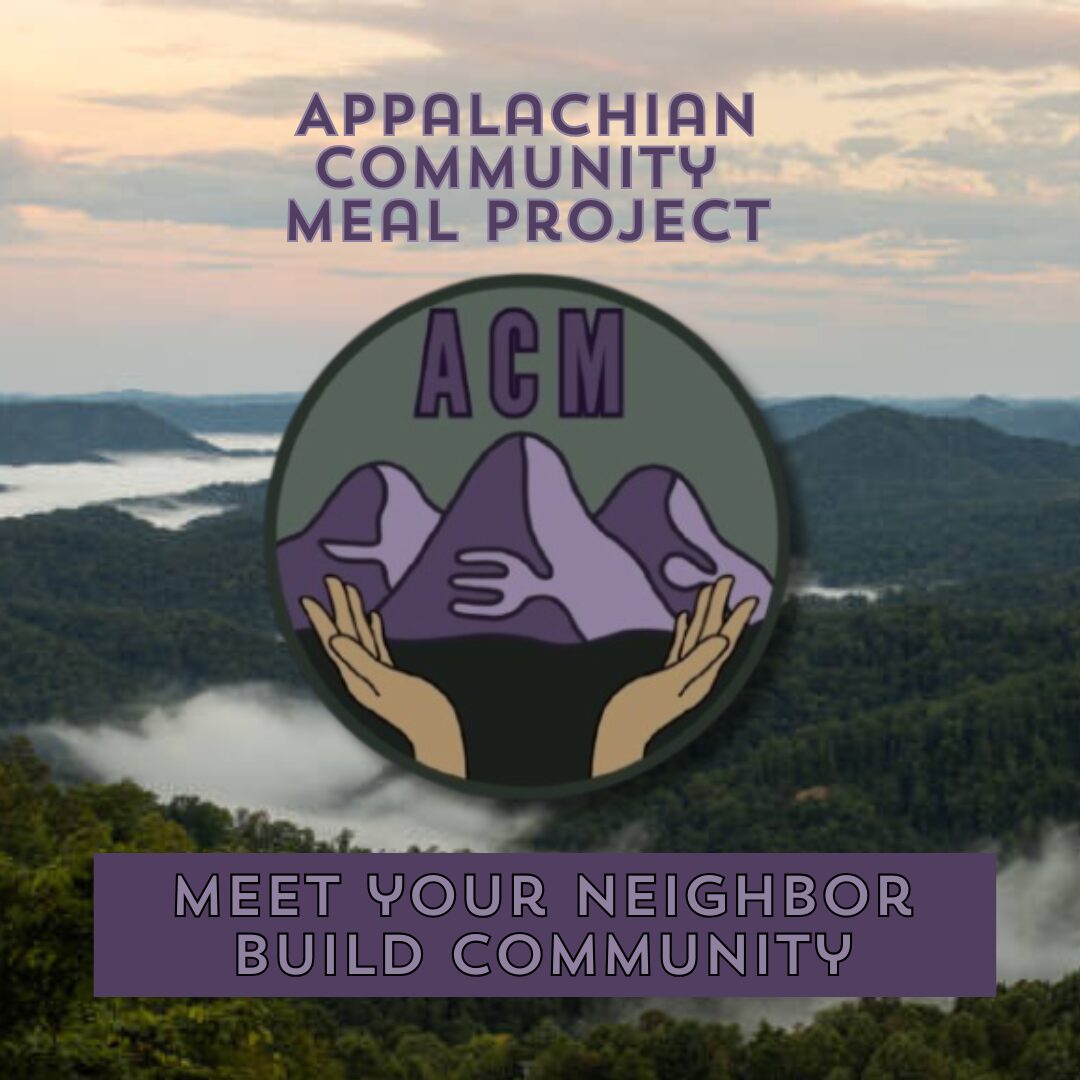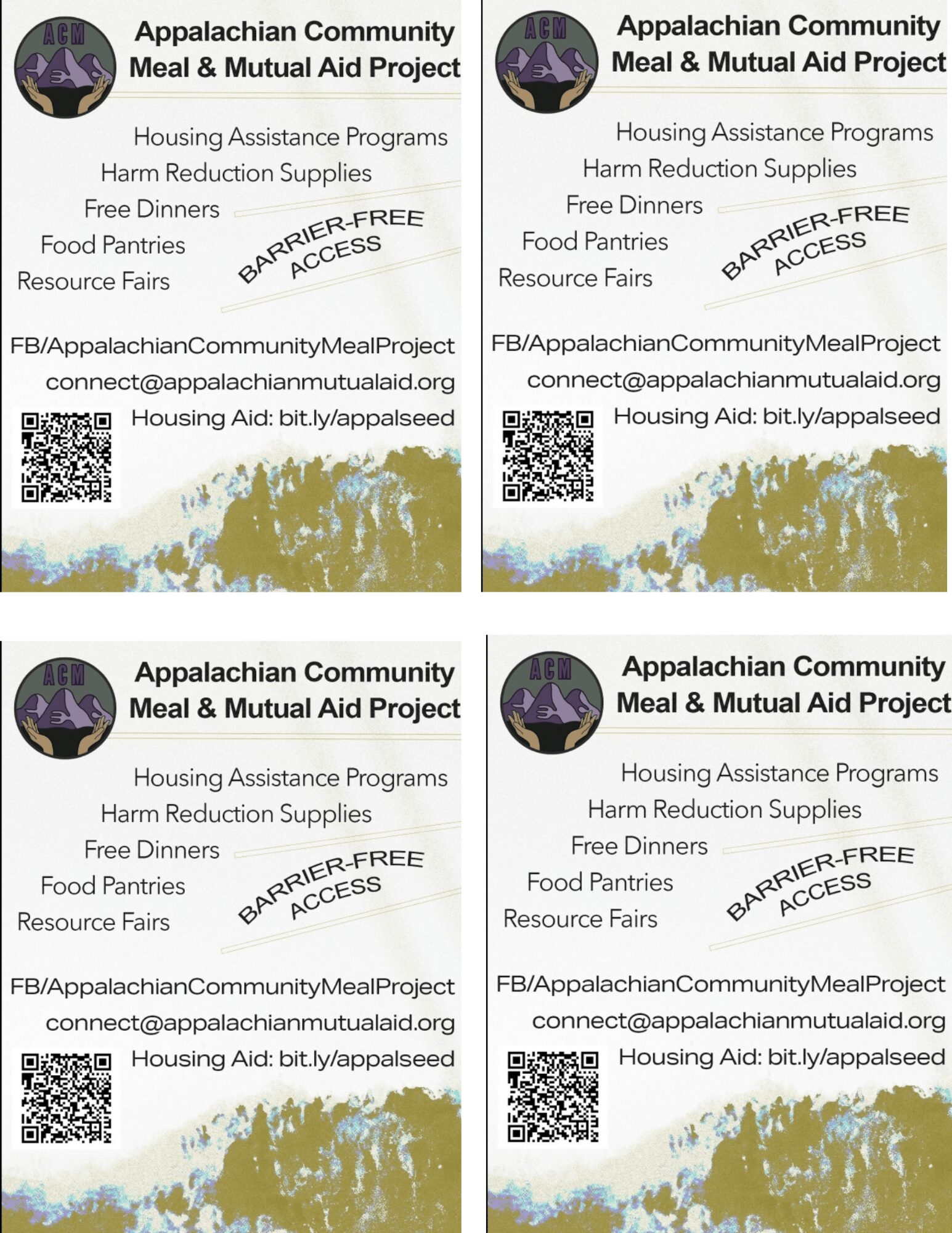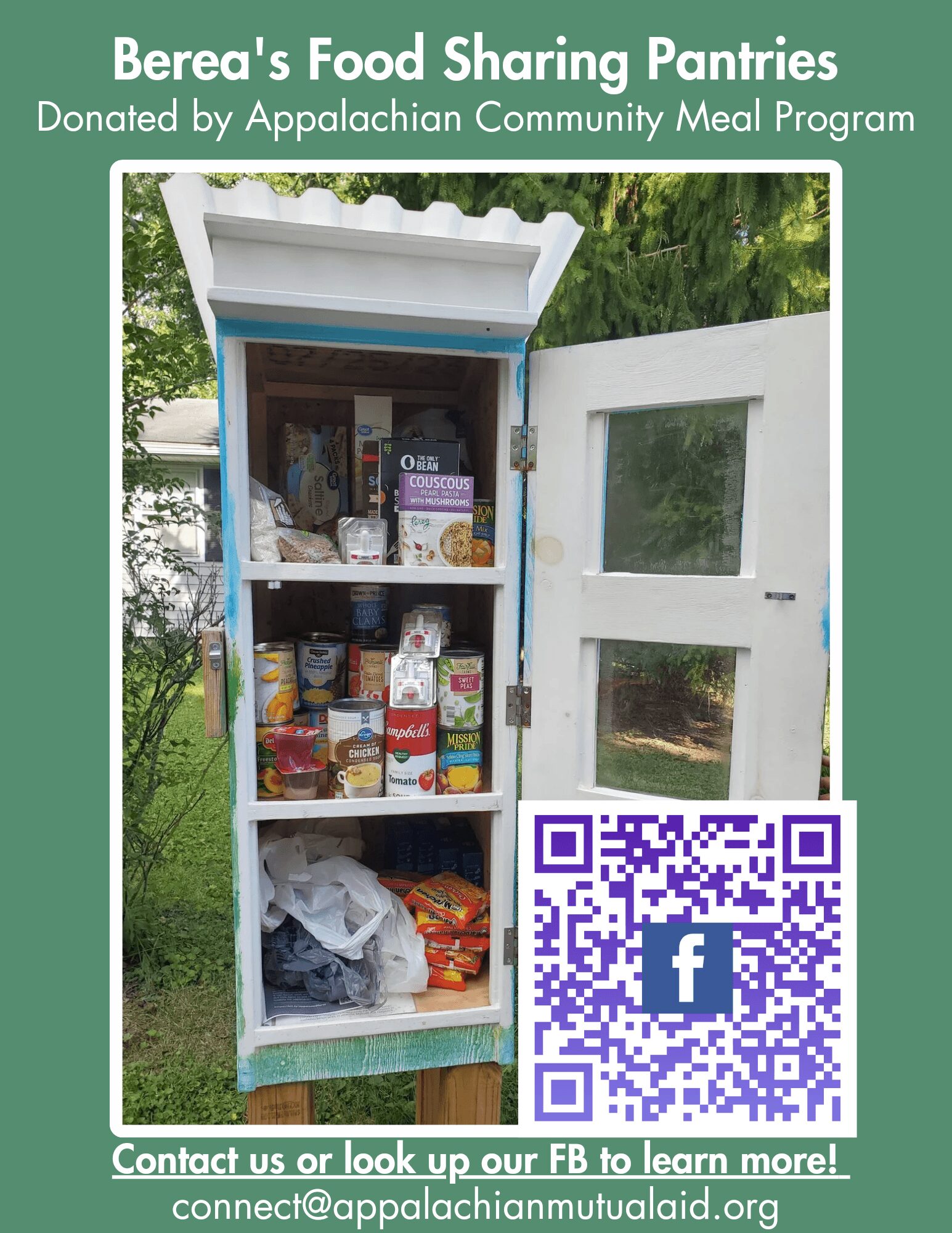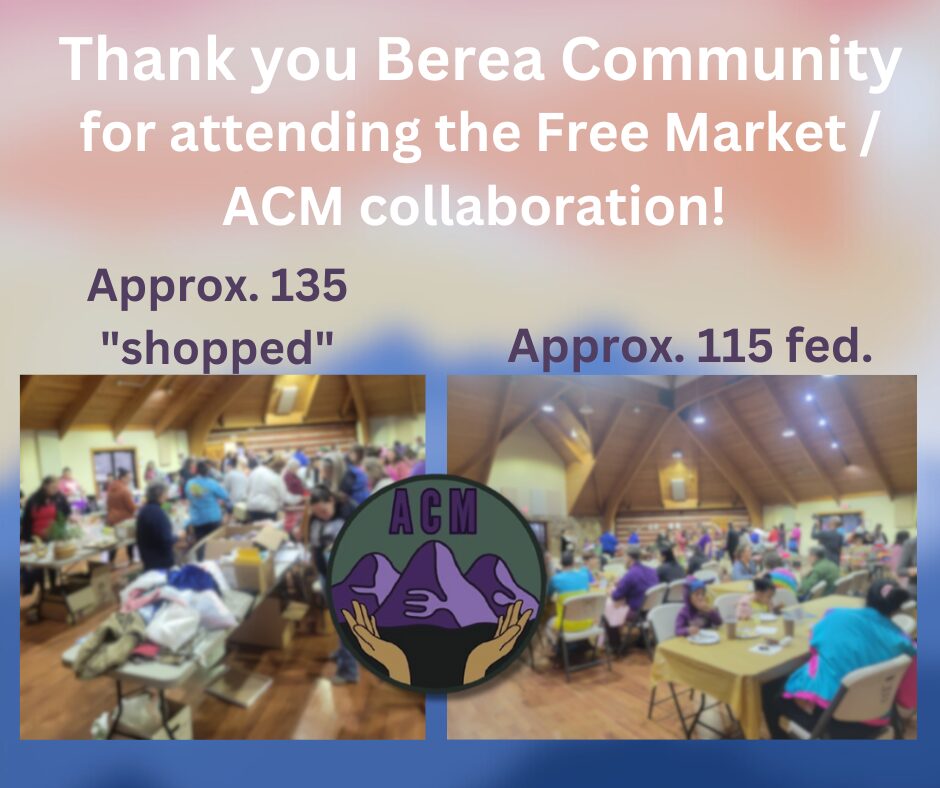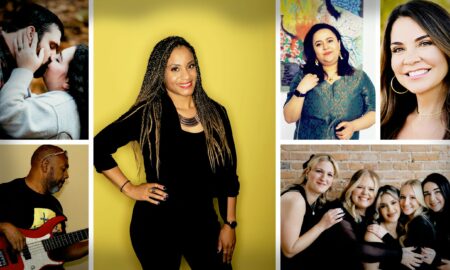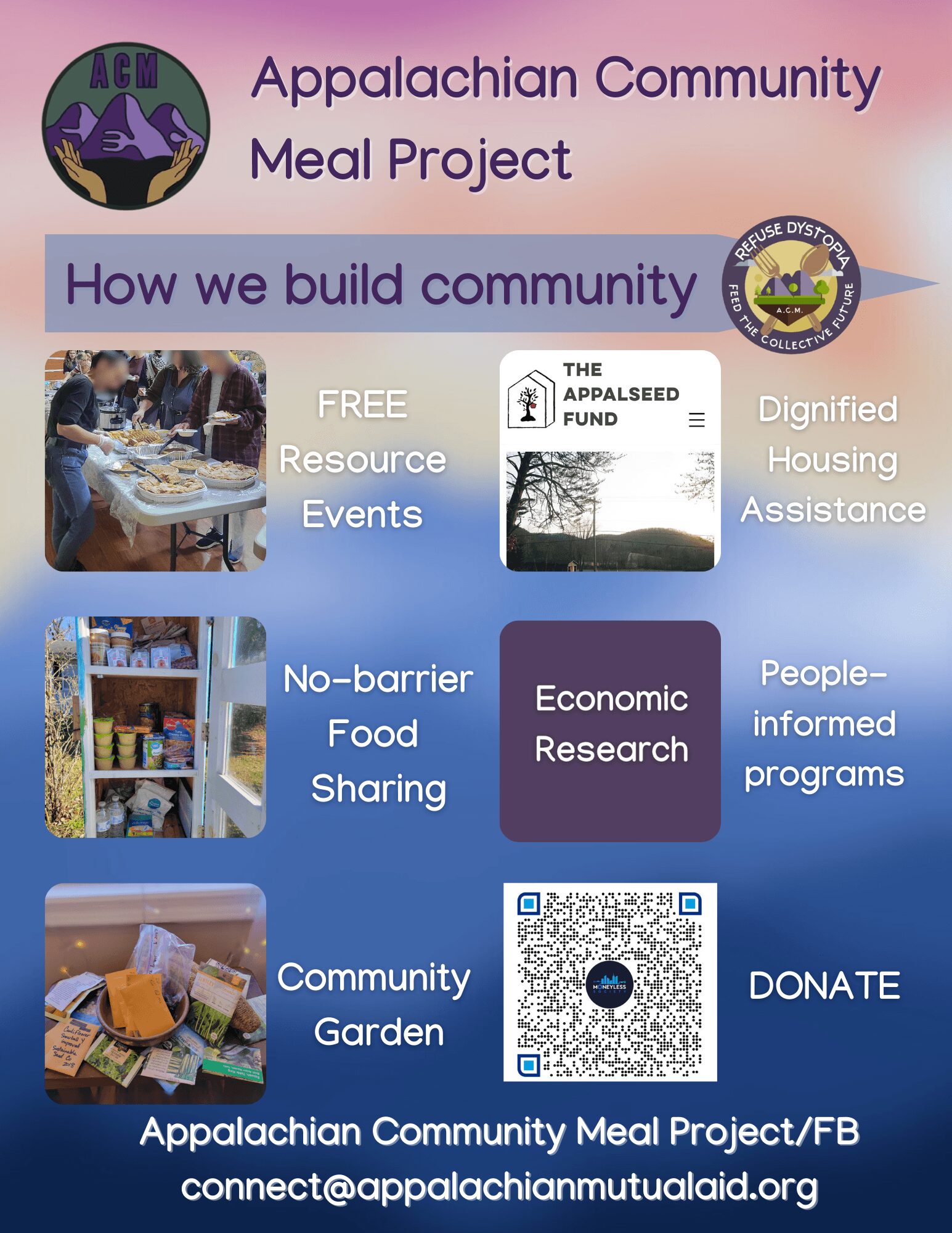

Today we’d like to introduce you to Amanda Smith
Hi Amanda, please kick things off for us with an introduction to yourself and your story.
As someone born into the poor white demographic of the Appalachian region, I’ve always struggled to understand the concept of inequality. Growing up I was exposed to both ends of the spectrum in terms of the poorest to the richest in our region.
My mother came from a dirt floor shak in a holler of Western North Carolina, and my father came from a slightly more prominent household on the border of Eastern Tennessee. When I was a child, my mother worked as an RN and my father had a small but steady construction business. We were still poor whites, but he worked for the professionals in town like the lawyers, doctors, and the DA.
Through that experience I got glimpses of the upper class lifestyle.
My family and I lived in a typical neighborhood and had all the amenities and conveniences of a then-modern family. But we traveled frequently over the mountains to my grandmother’s where she still lived in that shack. We would take her things like insulin and food and firewood, because she had no way to care for herself. My mom was the oldest of six (living) siblings. The others grew up and moved away to start their own lives and frequently traveled back to the area to do what they could for their mother, as well.
Children are perceived to not understand things that adults are charged with handling, but even as a young child it was clear enough to me that it didn’t make sense the fact I was so warm and comfortable and fed and healthy and happy in my household back home, while my grandmother was going blind from diabetes, my uncle who is a double amputee veteran lived so poorly, my (step) grandfather had a drinking problem, et al, and they all lived in a shack that was always cold and dirty, drank out of broken cups at times, and the bathroom didn’t work half the time.
I understood that much, but I didn’t understand why it was that way.
Fast forward 20 plus years and I started a family of my own. It was then I learned that basic needs aren’t met in western society. They’re earned. But it’s nearly impossible to earn them when there are multiple barriers between you and the things you need to survive, or the things your family needs to survive. Arbitrary barriers.
So when the pandemic began and I had a lot of extra time on my hands and there was a bit of a renaissance and awakening of people realizing what life could be like, I joined an online group called Moneyless Society. The original founder appreciated my writing and invited me to write for the website. Soon after, he explained he was working on his own book and asked if I could take over the socials.
From there I grew the socials and incorporated the group into a non-profit and then founded Appalachian Community Meal Project.
Today, Moneyless Society is home to several teams that support everything from the socials to our work on the ground.
All of this was done in the vein of the mission to bring about awareness to people that having their basic needs met without having to make sacrifices or jump through hoops or prove themselves in any way, or meet any societal standards. Housing, food, health care, education, socialization, dignity – those are all inherent human rights. And integral to a sane and stable society.
Appalachian Community Meal focuses on meeting those needs through inclusion-based free / no barrier events and resources.
I’m sure it wasn’t obstacle-free, but would you say the journey has been fairly smooth so far?
Organizing in the realm of post scarcity through the lens of inherent worthiness has been a roller coaster.
One of The biggest challenges, if not the central obstacle in this lane of action, is overcoming the indoctrination that we’ve all been spoon fed via western society propaganda for several decades now. The level of divisiveness that we’re seeing today in our culture is entirely counterproductive to building and sustaining a cohesive movement of care.
No matter who you’re working with or the objective, interpersonal conflict arises due to identity and the infamous wars between race, culture and class.
Aside from having to navigate conflict within the spaces of organizing, helping people to grasp the notion that they are allowed to, and have the ability to, take agency over their lives and their communities, has been an equally large challenge. Though less volatile than the former.
It looks like people showing up to volunteer and wanting to be told what to do rather than being included in decision making.
Informed decision making and participatory organizing are still very new concepts to most people. Especially demographics where the organizing is most needed.
Aside from those two overarching challenges, it’s been a scenic and expansive ride so far. The response from both our virtual and IRL community is overwhelmingly encouraging and refreshing in terms of the hope we have for a collective future.
Thanks – so what else should our readers know about your work and what you’re currently focused on?
I am a parent of three special needs adults and grandmother to one very quirky granddaughter. My family is my life’s work in the sense that I accept responsibility for the world they inherit and, in part, how my children choose to steward the world.
My primary line of “work” is community building.
But funny enough that type of labor isn’t often recognized as work. Per the societal definition, work is something that you get a material gain from – that you get compensated monetarily for doing.
But community building is work in which the compensation is reciprocal and perpetual.
I very much prefer that form of exchange.
Aside from that, I am a creative.
I love to write and I am known amongst some circles for my writing and among other circles for my painting/visual arts, and among other circles for my empathy-informed care.
Currently, I’m working on becoming the owner of a healing tool for my local community – a Himalayan salt cave. There were many sacrifices made to construct this healing space, before I arrived in the picture. It is my goal to honor those sacrifices and make this medicine more accessible to those most in need of its healing power.
How do you think about happiness?
The absence of stress makes me happy.
Stress about systemic issues such as violence that stems from poverty, sickness that stems from poor public health, etc.
People getting along and treating each other with integrity and dignity. A future where my children are safe and provided for, through their own efforts, but also the efforts of a community that recognizes everyone’s survival is equally important.
But on a daily basis, chocolate and my dogs! Oh and windy days on which I go for walks.
Contact Info:
- Facebook: https://www.facebook.com/share/1FY414RKda/
- Other: https://linktr.ee/moneyless
